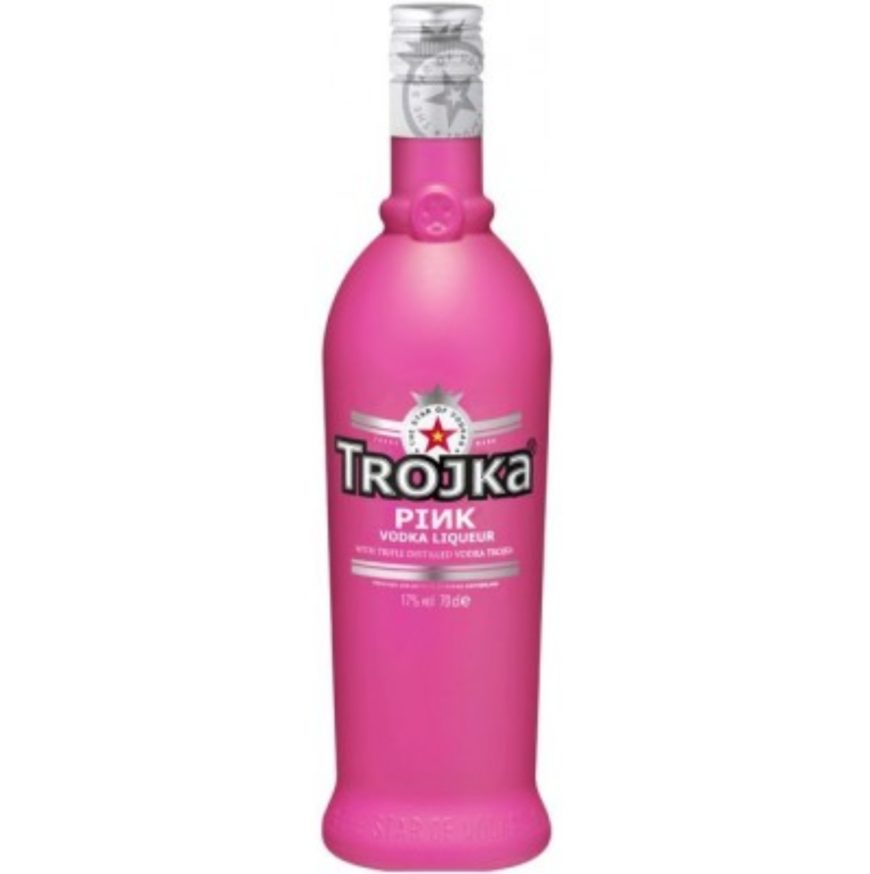
In the ensuing negotiations at Passau (summer 1552), even the Catholic princes called for a lasting peace and feared that the religious controversy would never be settled. However, by 1552 the Interim had been overthrown by the revolt of the Protestant elector Maurice of Saxony and his allies. In 1548 the emperor Charles V established a provisional ruling on the religious strife between Lutherans and Catholics, known as the Augsburg Interim. The legislation officially ended conflict between the two groups, though it made no provisions for other Protestant denominations, such as Calvinism.
#Trojka augsburg free
The Peace allowed the state princes to select either Lutheranism or Catholicism as the religion of their domain and permitted the free emigration of residents who dissented. Peace of Augsburg, first permanent legal basis for the coexistence of Lutheranism and Catholicism in Germany, promulgated on September 25, 1555, by the Diet of the Holy Roman Empire assembled earlier that year at Augsburg.
#Trojka augsburg how to
COVID-19 Portal While this global health crisis continues to evolve, it can be useful to look to past pandemics to better understand how to respond today.Student Portal Britannica is the ultimate student resource for key school subjects like history, government, literature, and more.This Time in History In these videos, find out what happened this month (or any month!) in history.#WTFact Videos In #WTFact Britannica shares some of the most bizarre facts we can find.Demystified Videos In Demystified, Britannica has all the answers to your burning questions.Britannica Explains In these videos, Britannica explains a variety of topics and answers frequently asked questions.

Britannica Classics Check out these retro videos from Encyclopedia Britannica’s archives.To protect themselves, the wealthy people behind this system used the identities of poor people as unwitting signatories in the secretive offshore companies that ran the system.

But it was much more than a money laundering system: The Laundromat allowed Russian oligarchs and politicians to secretly acquire shares in state-owned companies, to buy real estate both in Russia and abroad, to purchase luxury yachts, to hire music superstars for private parties, to pay medical bills, and much more. The main purpose of the system we’ve named the Troika Laundromat was to channel billions of dollars out of Russia. The data, which was compiled from multiple sources, represents one of the largest releases of banking information ever, involving some 1.3 million leaked transactions from 238,000 companies. The scheme was discovered in a large set of banking transactions and other documents obtained by OCCRP and the Lithuanian news site 15min.lt. This time, the work shows not only its beneficiaries but also exposes its mastermind and operator - Troika Dialog, once Russia’s largest private investment bank. Now, OCCRP and its reporting partners reveal a unique new Laundromat, created by a prestigious financial institution.

OCCRP has previously exposed three such schemes: The Proxy Platform, the Russian Laundromat, and the Azerbaijani Laundromat. Laundromats are complex systems for moving money that allow corrupt politicians, organized crime figures, and wealthy business people to secretly invest their ill-gotten millions, launder money, evade taxes, and fulfill other goals.


 0 kommentar(er)
0 kommentar(er)
